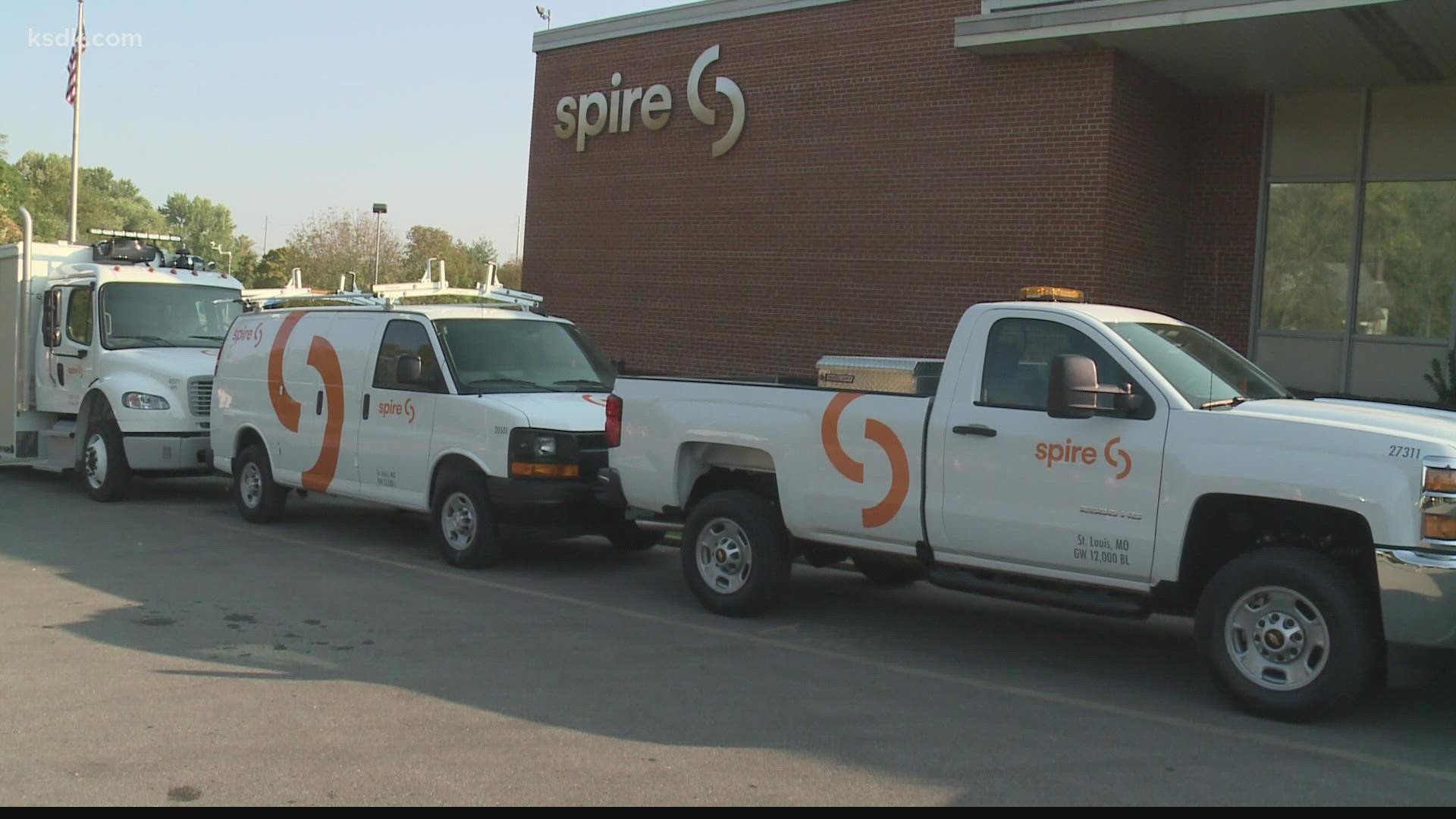ST. LOUIS — One of our region's main sources of natural gas may soon be shut off at the tap after the U.S. Supreme Court declined to issue a stay of the Spire STL Pipeline.
The U.S. Court of Appeals unanimously voted that the 2018 approval of the 65-mile pipeline was unlawful, but Spire attorney Sean Jamieson wants to make one thing clear to customers.
“The pipeline is still operating,” said Jamieson.
While the Environmental Defense Fund argues the decision will protect ratepayers, Jamieson said that’s only the case if the pipeline stays online.
“If this pipeline continues to operate the expectation is that there would be normalized gas prices for residents here in eastern Missouri,” said Jamieson.
That’s why the Federal Energy Regulatory Commission gave Spire a 90-day emergency permit, but it expires Dec. 13.
“There is a real risk for gas outages without this pipeline,” said Jamieson.
In the past, 90% of natural gas in the St. Louis region came from the southern United States, and the Spire pipeline reduced that need, but unlike your thermostat, Jamieson said it can’t simply be turned back up.
“When it was given up the market, other people who need access to that pipeline reserved that extra capacity,” said Jamieson. “Today, we can’t go back and get that capacity because it’s reserved by somebody else who needs it.”
That’s why Jamieson believes it’s time for FERC to step in.
“Keeping this infrastructure in service for this winter, at least through December is an emergency,” said Jamieson.
In the meantime, he believes the federal agency should simply listen to the state utility commission.
“The state utility commission, who is in the best position to decide the needs and to weigh the benefits and importance to eastern Missouri businesses and residents, has already made the conclusion that this pipeline is essential,” said Jamieson.
Spire has already requested a rate increase with the State Utility Commission that would be phased in over the next three years.
5 On Your Side was told it isn't related to the potential pipeline closure, but rather the rising costs of natural gas worldwide.

